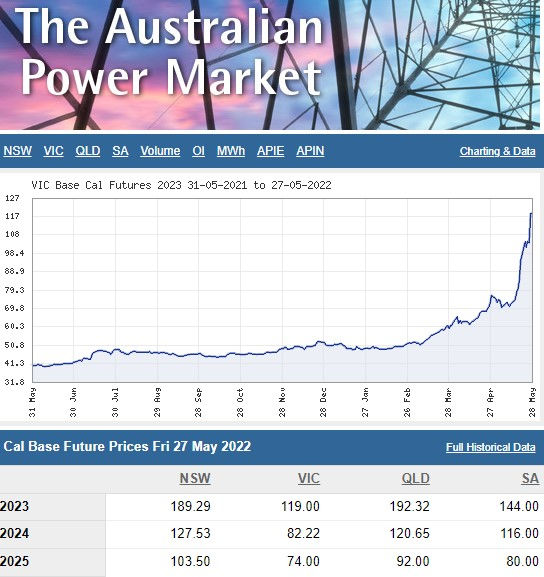Ban on Embedded Networks - Latest Vic Govt Release
- dennisfantin
- Jul 5, 2021
- 3 min read

As a customer, Owners Corporation or Building Manager taking electricity and hot water in embedded network buildings, this special update summarises recent important announcements from the Victorian Government on its election promise to ban embedded networks.
Background
In October 2018, the Victorian Government announced an election commitment to ban embedded networks in new residential apartment buildings, with appropriate exemptions for buildings that use renewable energy microgrids to deliver low-cost renewable energy to apartment blocks. The Government’s election commitment was made in response to ongoing concerns that consumers living in embedded networks pay higher prices and do not have access to the same level of consumer protections as those who live outside of embedded networks. The Government has appointed an Expert Panel (Panel) to conduct the Embedded Networks Review (Review) and to provide recommendations to the Minister for Energy, Environment and Climate Change (Minister) on how best to implement the Government’s election commitment.
Last week, the Panel released its ‘Embedded Network review, Draft Recommendations Review’. The full report can be found at the this link Embedded Networks Review | Engage Victoria . Consultation on the draft paper ends on 6 August with the final report expected in December 21.
The Panels summary suggests that customers living in embedded networks have varying experiences and outcomes, including:
not having all the same consumer protections as on-market customers, such as lower standards for disconnections and life support arrangements
not having the same access to rebates and concessions as on-market customers
varying access to dispute resolution services
significant practical barriers to accessing retail market competition
a lack of transparency of pricing information due to bundling of several services together on a single bill (e.g. bulk hot water and unmetered gas for stove tops).
Key Recommendations Summary (see report for complete list)
The Victorian Government’s commitment to ban embedded networks in new apartment buildings (allowing appropriate exemptions) should be implemented via amendments to the General Exemption Order (GEO). The GEO is the process currently used by EN operators to access and manage EN’s.
Residential exemptions under the revised GEO should no longer be “automatic”. Instead, there should be an exemptions approval process administered and regulated by the Essential Services Commission (ESC).
Entities which currently sell or supply electricity pursuant to an exemption under the GEO should be transitioned into the LES licensing framework.
Once the GEO amendments are given effect, consumers living in all types of residential private networks (including those living in social housing, retirement villages and residential parks) should have access to equal or equivalent consumer protections as on-market customers.
All private network customers should have access to the energy retail market and it should be easy for them to transfer to an on-market energy retailer. Customers within a private network should not face a greater financial or administrative burden to change retailers than other Victorian customers.
Customers within existing private networks should not remain stranded within a private network indefinitely. Over time, metering and/or other internal infrastructure in existing embedded networks should be upgraded and/or changed to enable these customers to access the retail market without imposing a cost burden on customers to do so.
Planning, building and strata requirements should be amended to oblige anyone proposing to install relevant infrastructure associated with the supply and/or sale of electricity within a residential building via a private network to design, build and operate the private network to incorporate renewable or other clean energy technologies which enable benefits to be passed on to customers. Information, especially relating to infrastructure assets, must also be disclosed to prospective purchasers.
Planning, building and strata requirements should also be amended to oblige anyone proposing to supply other bundled services within a residential building/site (including bulk hot-water, bulk heating/cooling or unmetered gas for cooktops) to meet similar standards to design, construct, establish and operate those services in the best interests of prospective owners and occupants, and to disclose appropriate information.
For existing embedded networks, the key point is number 6 above, where there is a commitment to remove barriers to customers leaving an EN (such as metering), making it easier for customers to get the best electricity, hot water or cooktop pricing available. Customers and Building managers are encouraged to read the report and provide their comments and feedback by 6 Aug.
For further information or assistance on this or other energy related matters, contact DFE with details at our website - dfenergysolutions.com




Comments